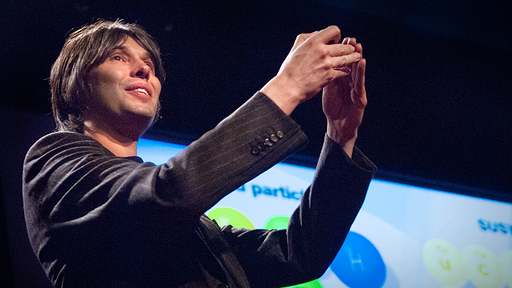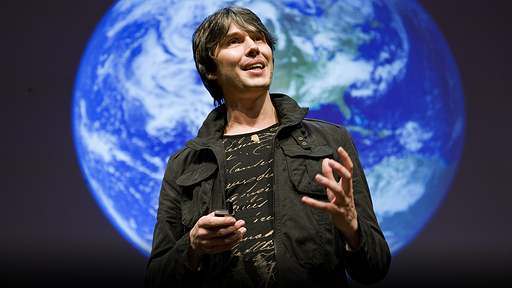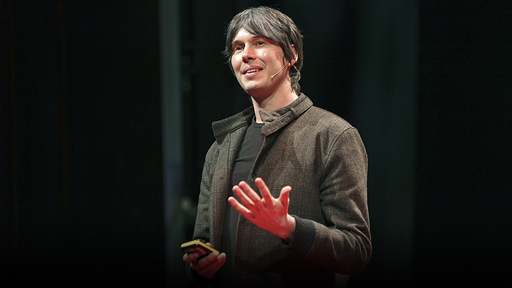7 things learned from a day spent watching TEDxCERN
Wednesday marked the second-ever TEDxCERN, the event organized by the folks at CERN, the famed particle physics research center in Geneva, Switzerland, responsible for bringing us the World Wide Web, the Large Hadron Collider, and confirmation of the existence of the Higgs boson. You know, just a few minor things. TEDxCERN brought together a mix […]
Continue reading


